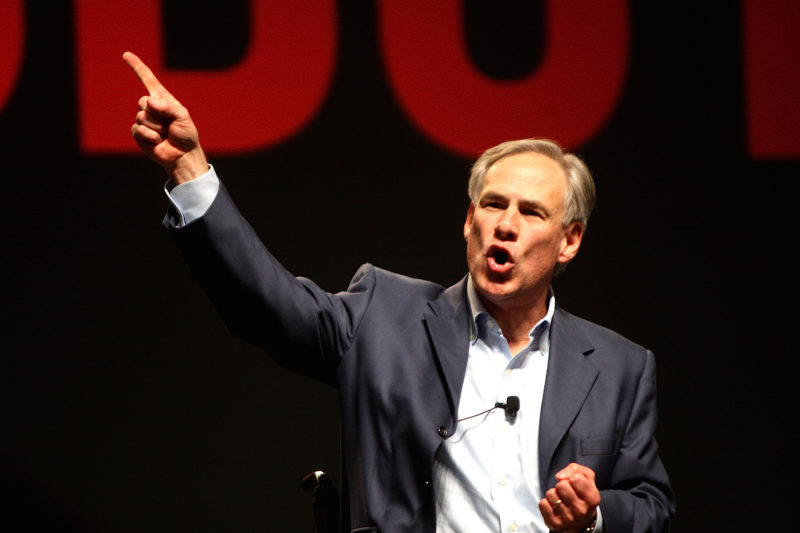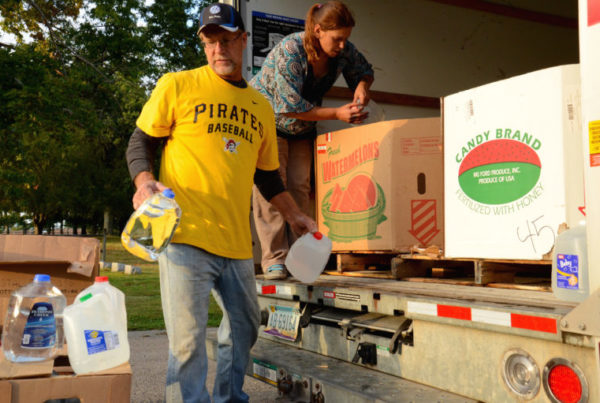In an explainer to British audiences on July Fourth – the day the U.S. celebrates a document ratified by the colonies declaring separation from the British in 1776 – London’s Independent newspaper avoided describing America’s unlikely military victory or the revolutionary nature of the war. Instead it explained that “the conflict continued until the 1783 Treaty of Paris, which ended the war in favour of an independent America.”
The article made the whole affair sound rather mutually agreeable. But the truth is, we feel the pain of our journalism colleagues across the pond. After all, just the other day, when the leader of the U.K.’s independence party, Nigel Farage said that June 23rd would be remembered as Britain’s independence day, American journalists scrambled a bit to explain the comparison with our own. Indeed, the editors of the Philadelphia Enquirer noted the dissimilarities of the U.S. experience. After all, we fought a real war, whereas Brexit was fought among politicians and well paid ad agencies.
For its part, Texas appears to have sensed an opening through all of this. The Houston Chronicle reports Gov. Greg Abbott is using this extended Independence Day weekend to ask British businesses to declare their own little Brexits and move to Texas.
The media campaign is primarily aimed at executives in the British financial capital, and it includes lines like “declare independence from high taxes” and enjoy the “freedom to prosper.”
Mike Ward is Austin bureau chief for the Houston Chronicle. He says the message is going out through advertising and social media. It’s funded by Abbott’s non-profit economic development arm overseen by his office.
Abbott has been big on courting overseas businesses. Since taking office he’s been to Cuba, Mexico, Switzerland and Israel, spreading his economic gospel.
“There’s a lot of business to be done with these other countries,” Ward says. “Texas has a huge economic development engine so there’s something to be said. … There may be great opportunity here.”
It makes it easier that there’s already trade between the U.K. and Texas companies, Ward says.
“The selling point for a lot of these countries is what businesses in Texas have to offer,” he says. “Whether it’s energy technology, whether it is software, whether it is cattle, whether it is other raw materials and what not. And Texas has an abundance of a lot of these things.”
But Ward says there is potential for backfire that’s difficult to measure in the long-term.
Listen to the full interview in the audio player above.
Post by Beth Cortez-Neavel.















